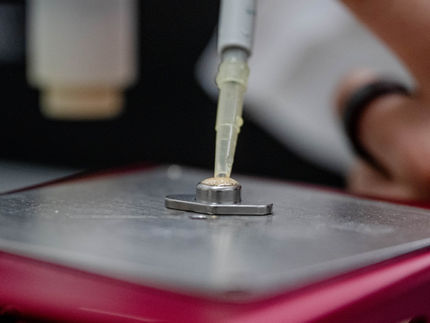BASF is partner in the EU research project BIONEXGEN
17 project partners develop enzymes for industrial processes
Advertisement
BASF is participating in the EU-supported research project BIONEXGEN (Next Generation of Biocatalysts). „BIONEXGEN brings together 17 partners from industry and academia who share the common goal of developing a new generation of biocatalysts for more sustainable production processes in the chemical industry,” said project leader Prof. Nicholas J. Turner, Director of the Centre of Excellence in biocatalysis, Biotransformations and Biocatalytic Manufacture (CoEBio3) at the University of Manchester. BASF with its decades-long experience in white biotechnology is taking part in research activities on new biocatalytic amine syntheses and on the use of enzymes for the synthesis of functional polymers from renewable feedstock.
“White Biotechnology is an important key technology for BASF because it helps us to further reduce the amount of resources needed to produce chemicals,” explained Dr. Kai Baldenius, head of biocatalysis research at BASF and responsible for BIONEXGEN. “Nature uses enzymes for the efficient synthesis of complex compounds. With BIONEXGEN, we will enhance our knowledge on how to use this principle for the production of our chemicals.”
In one of the working groups of the EU project, BASF and its partners are searching for more efficient ways to produce amines using biocatalysts. Amines are important for many industries and have a broad spectrum of applications including fine chemicals, plastics, and agricultural products. The use of enzymes can make the production of these chemicals easier.
In addition, chemists and biologists at BIONEXGEN are researching how to transform glycopolymers such as starch into high performance products. “With a little help from the right enzymes we can modify biopolymers to obtain new tailored properties that make them potentially useful in various downstream applications like laundry detergents or additives for the construction industry,” said Baldenius.


















































